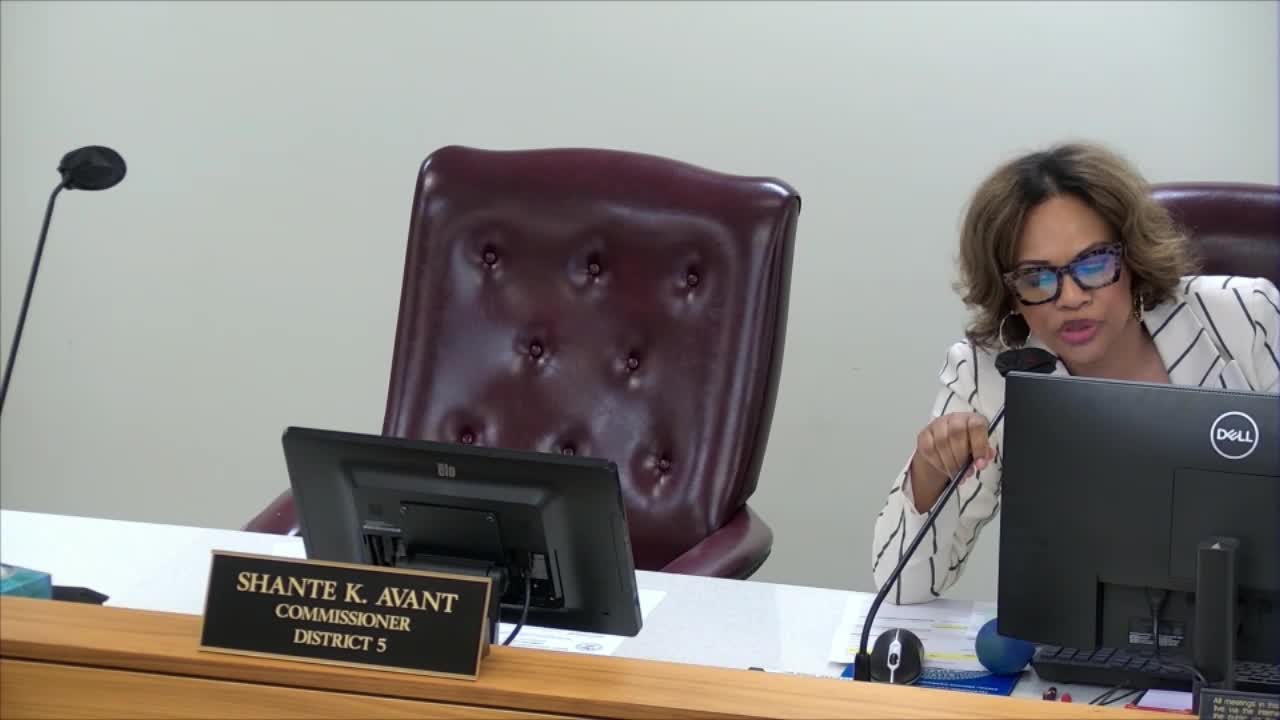Tennessee Opioid Abatement Council Reviews Fund Allocation Strategies for Shelby County
July 23, 2025 | Shelby County, Tennessee
This article was created by AI summarizing key points discussed. AI makes mistakes, so for full details and context, please refer to the video of the full meeting. Please report any errors so we can fix them. Report an error »

The Shelby County Committee Meeting held on July 23, 2025, focused on the approved uses of the opioid settlement fund, with presentations from representatives of the SMART Initiative, including Jennifer Torvill and Shanny Kreitzinger. The meeting was initiated by Commissioner Mills, who emphasized the importance of effectively utilizing the opioid funds to benefit Shelby County.
Torvill provided an overview of Tennessee's opioid settlement, which has resulted in over $1.5 billion allocated to the state from pharmaceutical companies involved in the opioid crisis. The funds are divided into two main categories: a 15% subdivision fund for counties and a 35% state abatement fund. The subdivision funds can be used for both past and future remediation efforts, while the abatement funds are restricted to future use only.
The presentation highlighted that Shelby County has already received approximately $12 million from these settlements, with payments expected to fluctuate based on various factors, including company bankruptcies and new settlements. Torvill noted that the funds must be spent on opioid remediation programs, and emphasized the need for careful planning and oversight in their allocation.
Commissioners raised questions about successful models from other counties, with suggestions for establishing an opioid settlement board to oversee fund distribution and ensure community involvement. Examples of effective fund usage included community grants, jail programs for addiction treatment, and youth prevention initiatives.
The discussion also touched on the importance of data collection and community input in determining the best use of funds. Several commissioners expressed concerns about ensuring that funds are directed towards programs that genuinely address the opioid crisis, rather than being misallocated.
In conclusion, the meeting underscored the critical need for strategic planning and community engagement in the management of opioid settlement funds, with a focus on transparency and accountability to maximize their impact on public health in Shelby County. The committee plans to continue discussions on best practices and potential programs to implement with the available funds.
Torvill provided an overview of Tennessee's opioid settlement, which has resulted in over $1.5 billion allocated to the state from pharmaceutical companies involved in the opioid crisis. The funds are divided into two main categories: a 15% subdivision fund for counties and a 35% state abatement fund. The subdivision funds can be used for both past and future remediation efforts, while the abatement funds are restricted to future use only.
The presentation highlighted that Shelby County has already received approximately $12 million from these settlements, with payments expected to fluctuate based on various factors, including company bankruptcies and new settlements. Torvill noted that the funds must be spent on opioid remediation programs, and emphasized the need for careful planning and oversight in their allocation.
Commissioners raised questions about successful models from other counties, with suggestions for establishing an opioid settlement board to oversee fund distribution and ensure community involvement. Examples of effective fund usage included community grants, jail programs for addiction treatment, and youth prevention initiatives.
The discussion also touched on the importance of data collection and community input in determining the best use of funds. Several commissioners expressed concerns about ensuring that funds are directed towards programs that genuinely address the opioid crisis, rather than being misallocated.
In conclusion, the meeting underscored the critical need for strategic planning and community engagement in the management of opioid settlement funds, with a focus on transparency and accountability to maximize their impact on public health in Shelby County. The committee plans to continue discussions on best practices and potential programs to implement with the available funds.
View full meeting
This article is based on a recent meeting—watch the full video and explore the complete transcript for deeper insights into the discussion.
View full meeting
